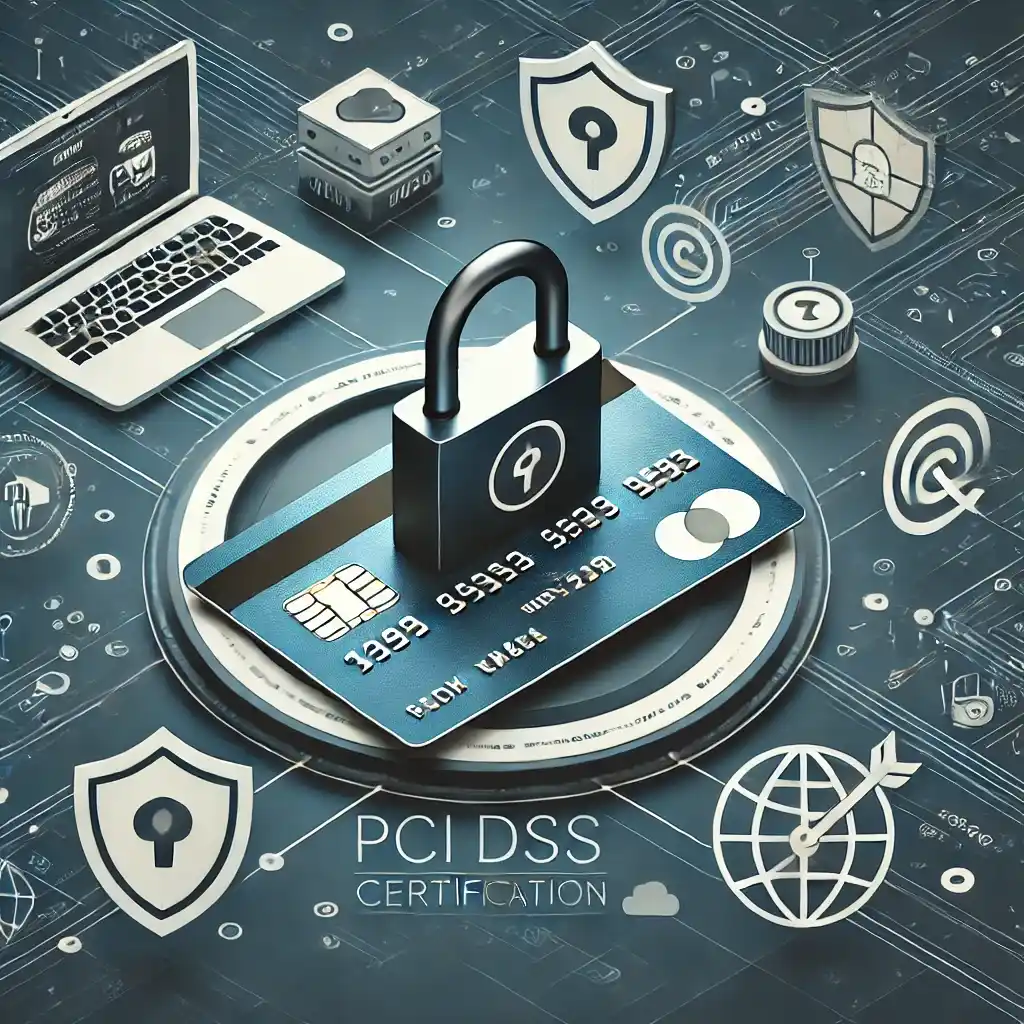PCI DSS 2025 Insights: How to Get Certified in a Week
Discover the key steps to achieving PCI DSS certification and learn insider tips on how to speed up the process.
What is PCI DSS and Why is it Necessary?
The Payment Card Industry Data Security Standard (PCI DSS) establishes a robust framework for securing payment card data. It is mandatory for businesses processing, storing, or transmitting payment card information. Compliance ensures data security, minimizes fraud risks, and aligns with regulatory requirements.
Adhering to PCI DSS standards involves meeting over 500 specific requirements, categorized into network security, data protection, access control, and ongoing monitoring.
Who Should Comply with PCI DSS?
PCI DSS compliance is not just a recommendation; it is a necessity for any organization involved in handling payment card data. The following businesses are required to meet PCI DSS standards:
- Online retailers: E-commerce platforms that process card payments must ensure customer data is protected during transactions.
- Banks and processing centers: Financial institutions managing card payments are critical players in securing sensitive information throughout the payment lifecycle.
- Payment aggregators and providers: Services that facilitate transactions on behalf of merchants bear the responsibility of ensuring compliance.
- Retailers with POS terminals: Physical stores using point-of-sale systems must secure both hardware and software to prevent unauthorized data access.
These organizations handle large volumes of cardholder data, making them prime targets for cyberattacks. Non-compliance not only exposes them to significant risks, such as data breaches and financial losses, but also invites penalties from payment networks like Visa and MasterCard. Moreover, compliance demonstrates a commitment to data security, fostering trust among customers and business partners.
The Standard Process for PCI DSS Certification
Typically, achieving PCI DSS compliance is a multi-stage process that requires thorough planning, technical expertise, and organizational readiness. The journey often spans 3 to 6 months, depending on the complexity of the infrastructure and the organization’s resources.
Key technical steps include:
- Configuring secure infrastructure, including servers, firewalls, and logging systems.
- Implementing data encryption and ensuring secure transmission protocols.
- Conducting regular vulnerability scans (external and internal) to identify risks.
- Establishing role-based access controls to limit data exposure.
- Developing a comprehensive logging and monitoring system to detect anomalies.
Teams involved in the certification process typically include:
- DevOps: Responsible for setting up and managing secure environments.
- Backend Developers: Ensure the security of server-side applications.
- Frontend Developers: Focus on secure user interfaces and client-side data handling.
- Legal Experts: Draft policies and agreements aligned with compliance standards.
- HR Teams: Coordinate employee training and manage documentation.

Common Challenges and Solutions
Organizations often face challenges such as integrating third-party software, aligning legacy systems with modern security protocols, and managing costs. To address these issues, businesses should:
- Evaluate existing infrastructure to identify compliance gaps.
- Collaborate with third-party providers to ensure their systems align with PCI DSS standards.
- Invest in training and raising awareness among employees to reduce human error risks.
Streamlining the Certification Process with PayStar
While the standard process can be lengthy and resource-intensive, PayStar offers a streamlined solution that reduces the scope of certification. By focusing only on systems that directly handle payment card data, our approach condenses the compliance checklist to 25 actionable items.
This optimized process is powered by pre-configured technical solutions, such as secure server environments and automated scanning tools. PayStar’s infrastructure eliminates many technical hurdles, allowing organizations to achieve compliance faster, often within a week.
Timelines and Costs
Traditional setups often involve significant time and resource investments, with timelines stretching up to six months. PayStar's streamlined approach enables businesses to complete their PCI DSS Level 1 certification within seven days, offering a faster and more efficient path to compliance.
Conclusion
PCI DSS certification is a critical step for any organization handling payment card data. By understanding the technical requirements and leveraging advanced solutions, businesses can streamline the process while ensuring robust data protection.
To start your PCI DSS certification journey, contact our team of managers for expert guidance and tailored solutions.

